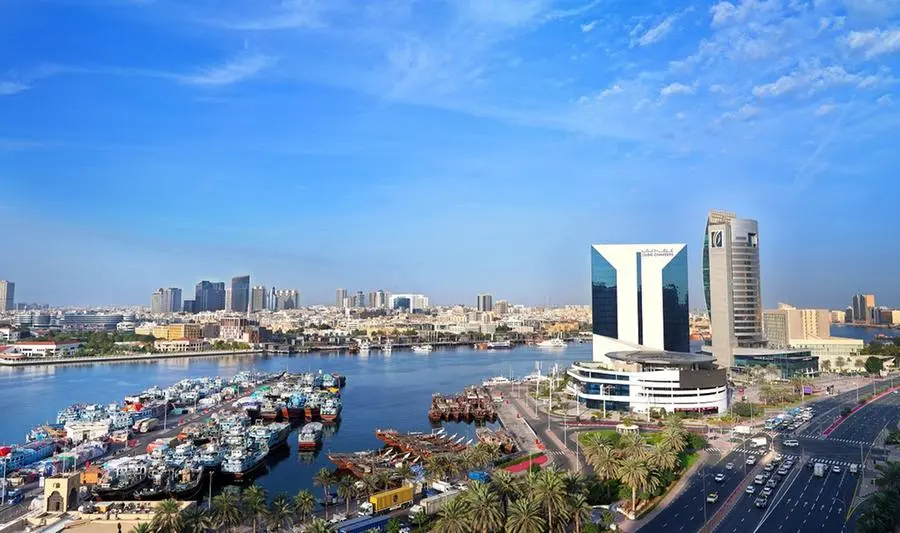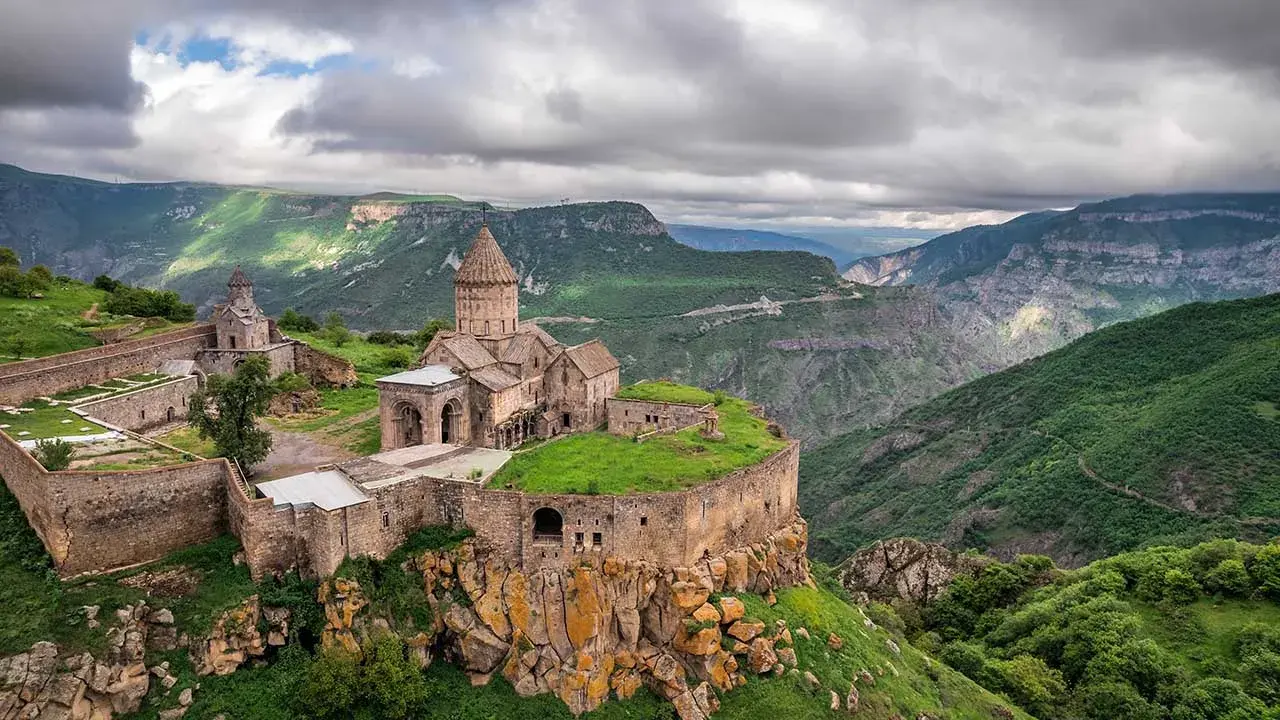-
The primary reason behind this lack of participation is straightforward: India mandates overseas citizens to physically return to their home electorates to vote on polling day
-
Postal or electronic voting options are not available for the general overseas population, further compounded by the disqualification of individuals like Chhabra, who hold foreign citizenship alongside Indian nationality
With almost a billion eligible voters in India’s general election, Parmod Chhabra, president of the India Canada Association community group in Ottawa, finds himself deeply engaged, yet unable to cast a ballot. The same sentiment resonates with the majority of the Indian diaspora in Canada, as reported by thestar.com.
The primary reason behind this lack of participation is straightforward: India mandates overseas citizens to physically return to their home electorates to vote on polling day. Postal or electronic voting options are not available for the general overseas population, further compounded by the disqualification of individuals like Chhabra, who hold foreign citizenship alongside Indian nationality.
- Despite being unable to vote, individuals like Chhabra remain deeply invested in India’s development, owing to personal ties, property ownership, and familial connections
- However, the inability to participate underscores the ongoing dilemma faced by the overseas Indian community in Canada, highlighting the pressing need for electoral reforms to facilitate their engagement in India’s democratic process
Chhabra highlighted the significant deterrents, citing the approximately 14-hour flight from major Canadian cities like Toronto or Vancouver, coupled with round-trip fares averaging around $2,000. The sheer distance and associated costs act as formidable barriers, deterring potential voters despite their keen interest in the electoral process.
According to official figures, out of the 600 million votes cast in the 2019 Indian general election, a mere 25,606 originated from overseas voters. This paltry figure starkly contrasts with the vast Indian diaspora population, hinting at the substantial impact of the in-person voting requirement.
Efforts to address this issue have been minimal, with political science expert Reeta C. Tremblay noting that despite discussions surrounding alternative voting methods like proxy, electronic, or postal voting, no concrete measures have materialized for the 2024 elections.
The significance of overseas Indian participation in India’s electoral process cannot be overstated. As Naseer Mehdi Khan, chairman of the India Canada Organization, emphasized, there exists a strong desire among Indian citizens abroad to engage politically, albeit hindered by logistical constraints.
Moreover, against the backdrop of a strained Canada-India relationship, the spotlight on India’s election has intensified. Tremblay underscored the heightened interest globally, attributing it to Prime Minister Narendra Modi’s administration, India’s burgeoning international stature, and economic influence.
Despite being unable to vote, individuals like Chhabra remain deeply invested in India’s development, owing to personal ties, property ownership, and familial connections. However, the inability to participate underscores the ongoing dilemma faced by the overseas Indian community in Canada, highlighting the pressing need for electoral reforms to facilitate their engagement in India’s democratic process.
***********************************************************************
Readers
These are extraordinary times. All of us have to rely on high-impact, trustworthy journalism. And this is especially true of the Indian Diaspora. Members of the Indian community overseas cannot be fed with inaccurate news.
Pravasi Samwad is a venture that has no shareholders. It is the result of an impassioned initiative of a handful of Indian journalists spread around the world. We have taken a small step forward with the pledge to provide news with accuracy, free from political and commercial influence. Our aim is to keep you, our readers, informed about developments at ‘home’ and across the world that affect you.
Please help us to keep our journalism independent and free.
In these difficult times, running a news website requires finances. While every contribution, big or small, will make a difference, we request our readers to put us in touch with advertisers worldwide. It will be a great help.
For more information: pravasisamwad00@gmail.com








